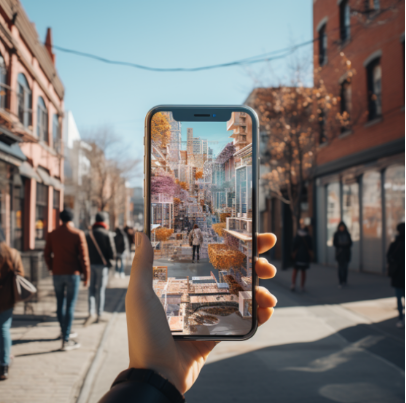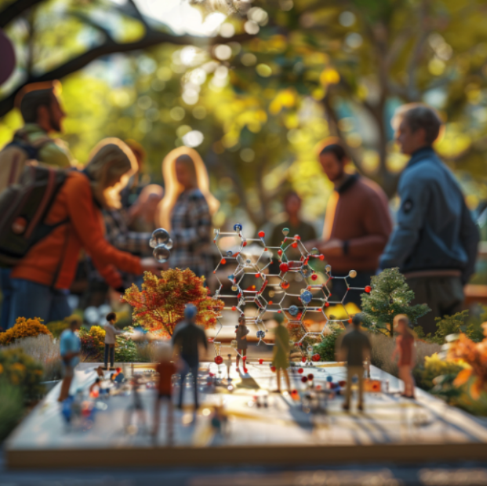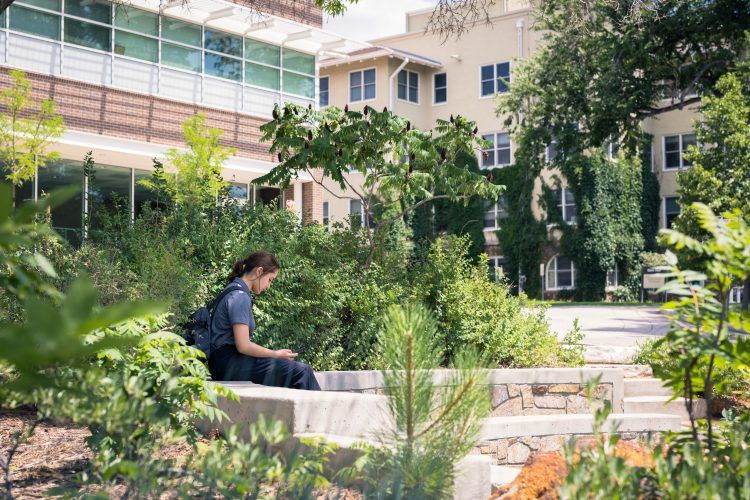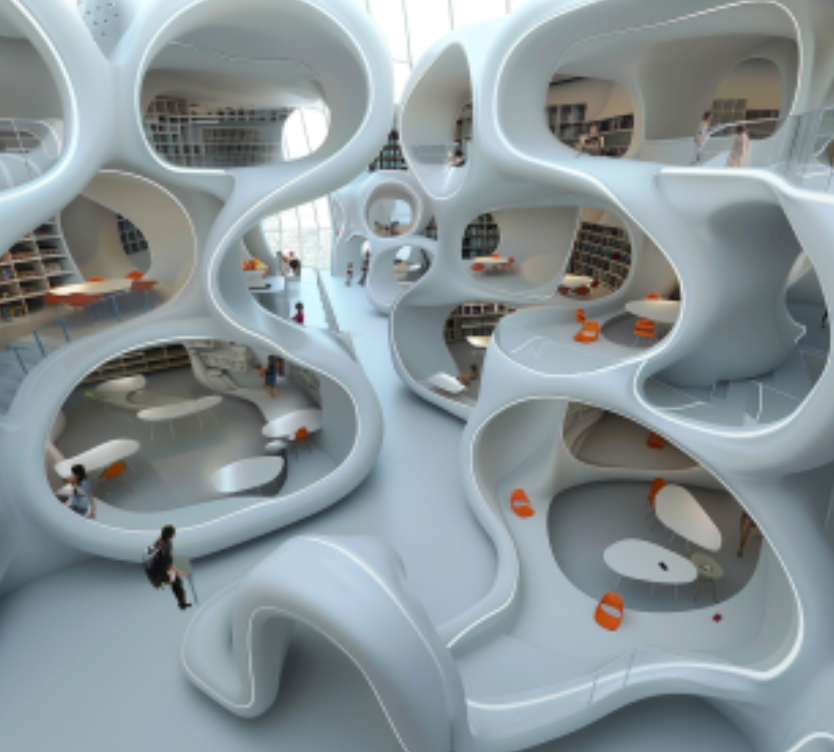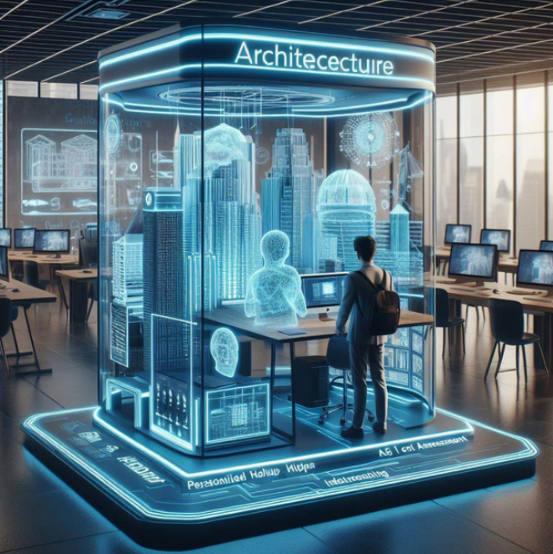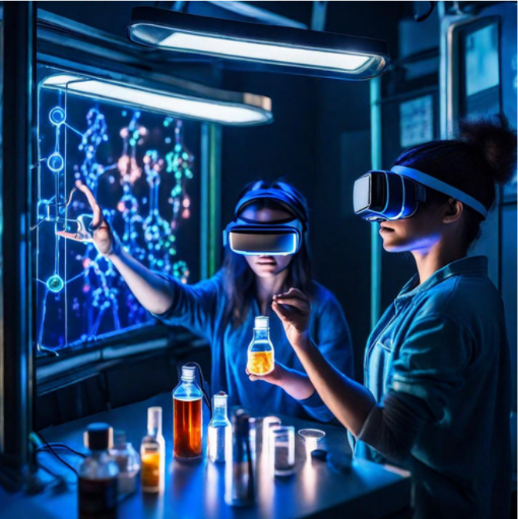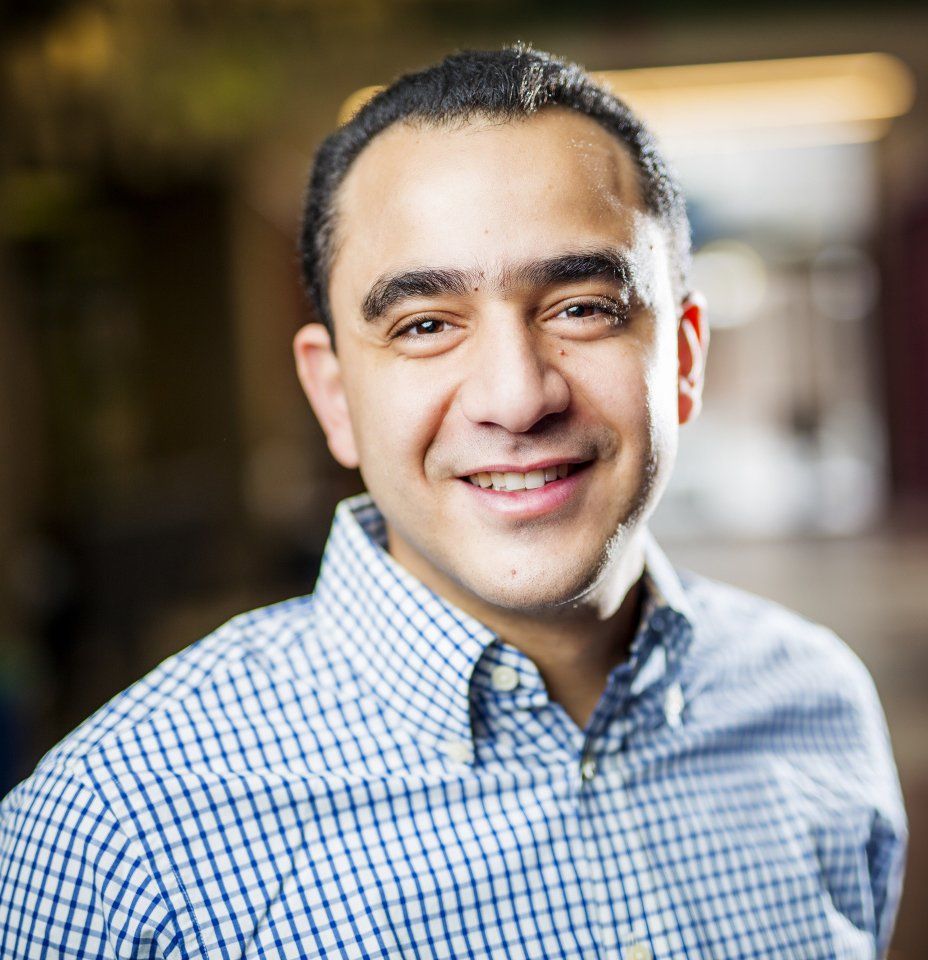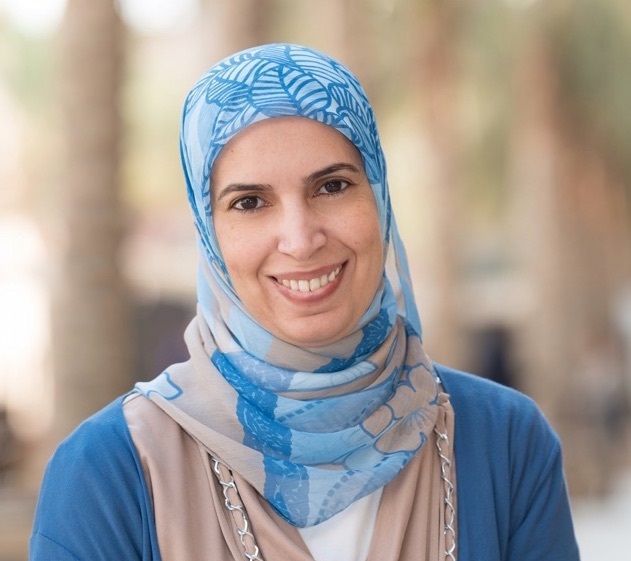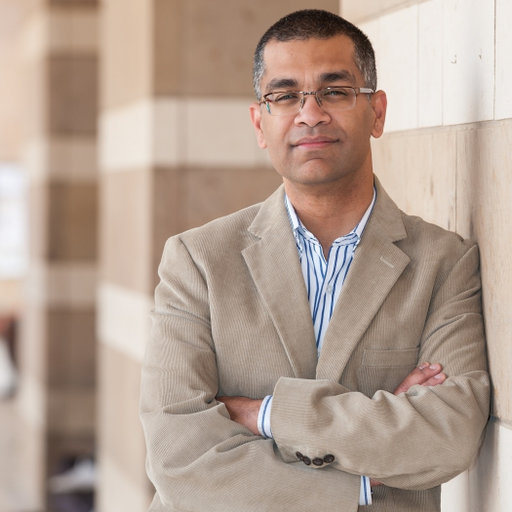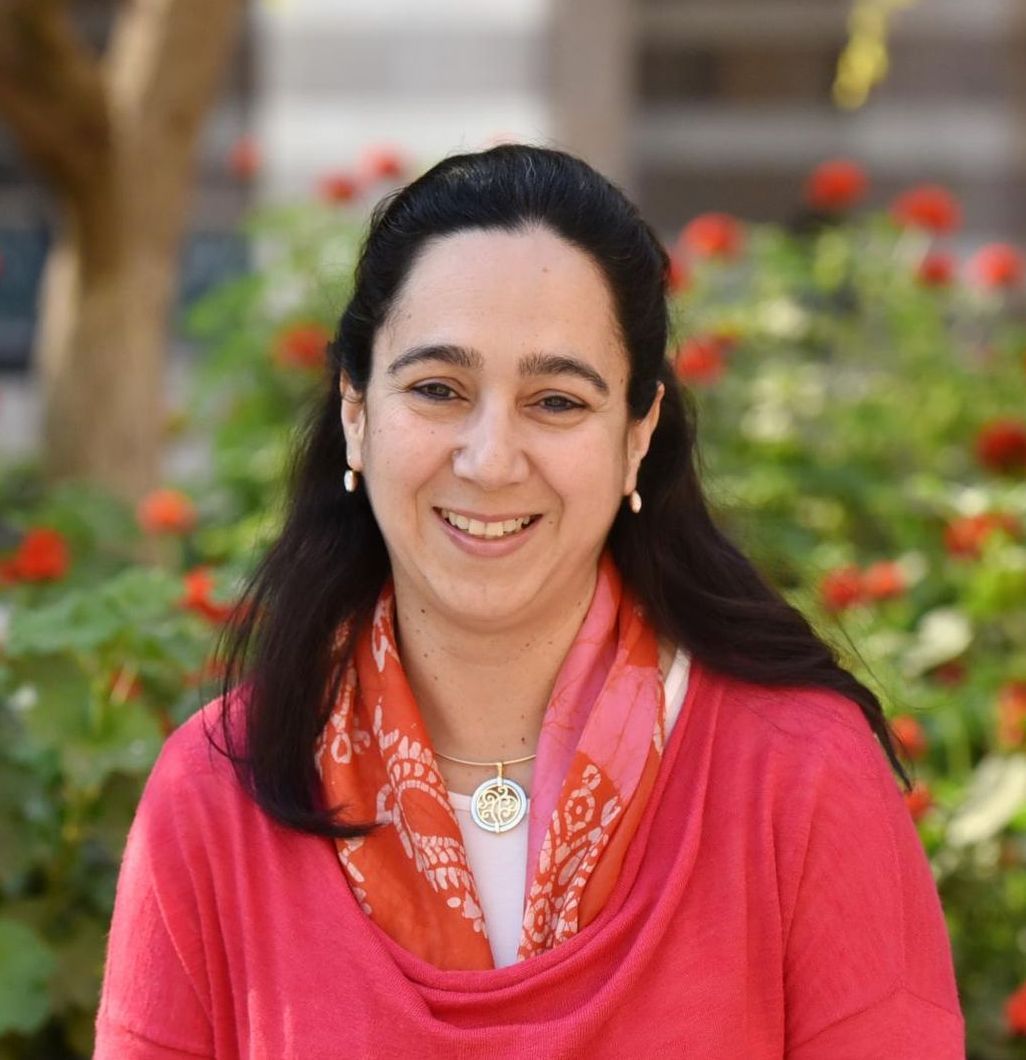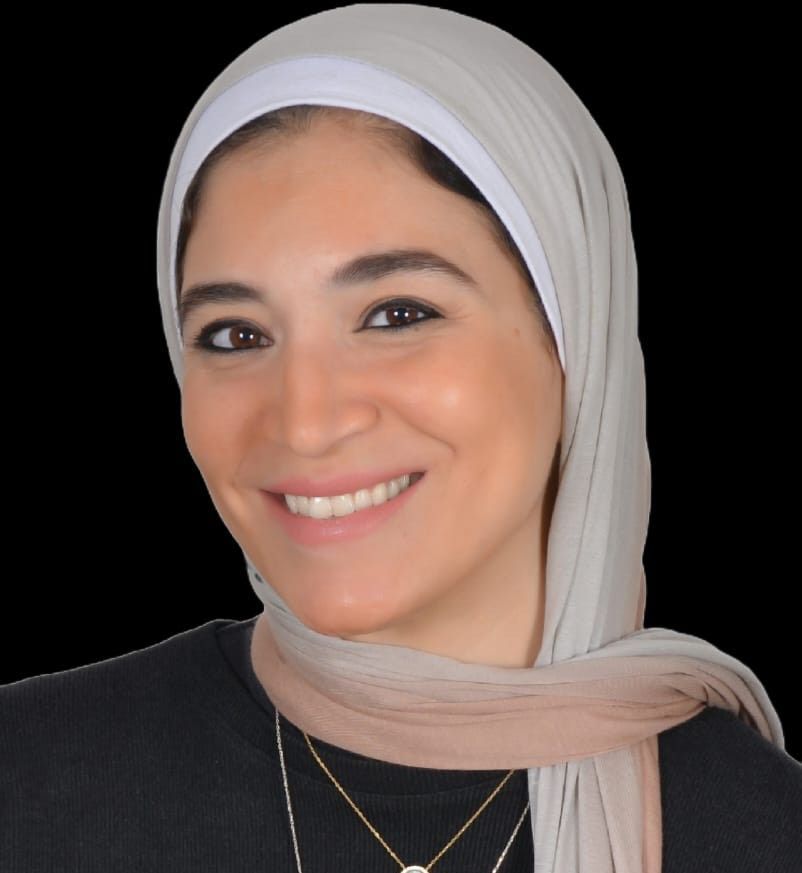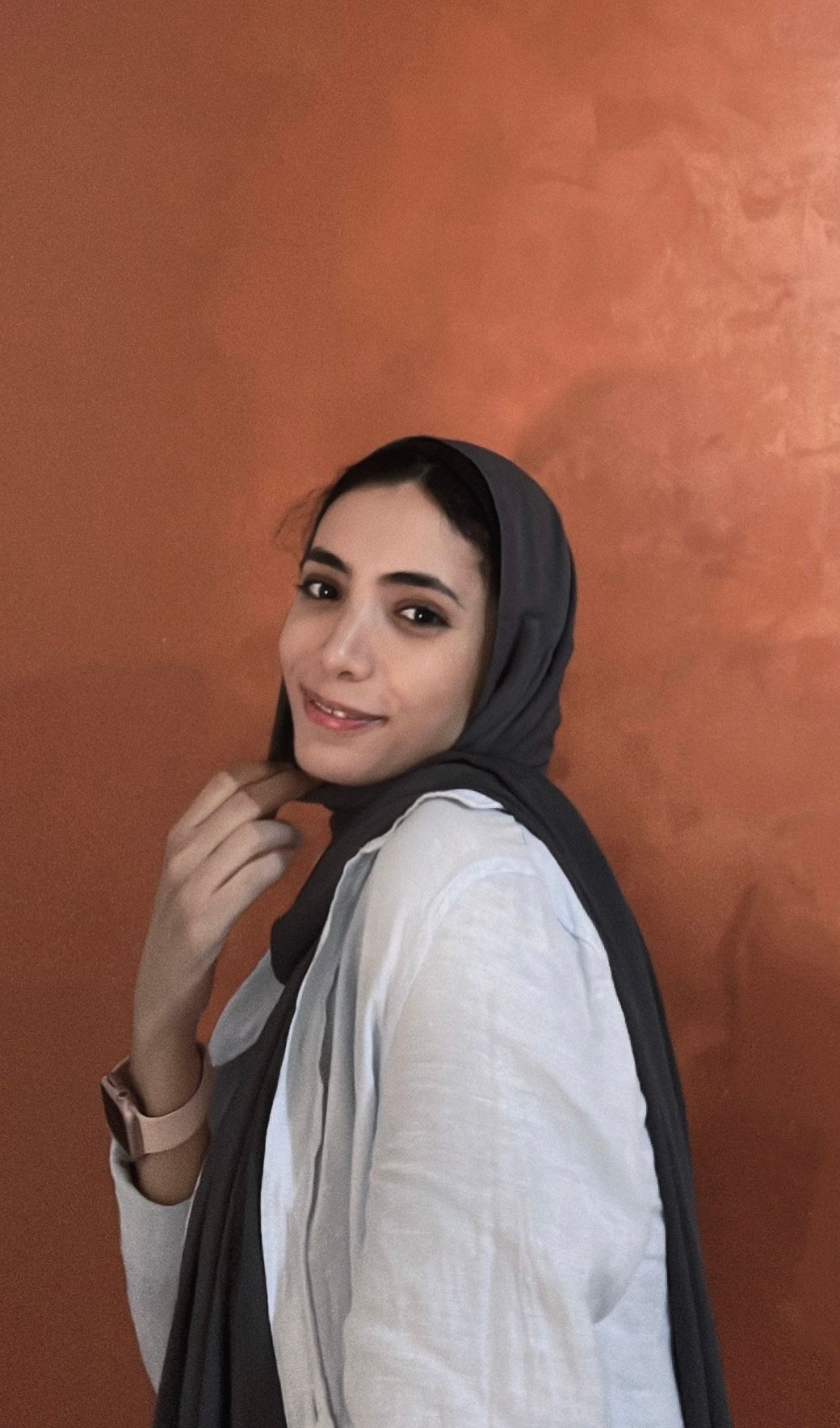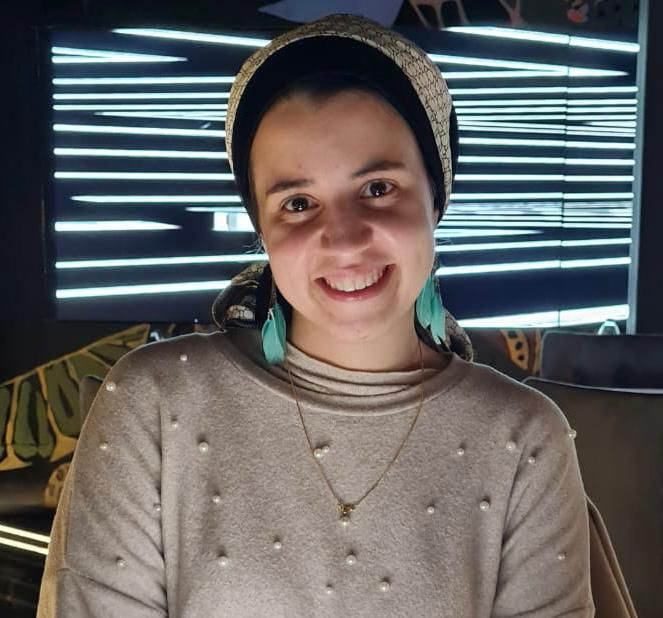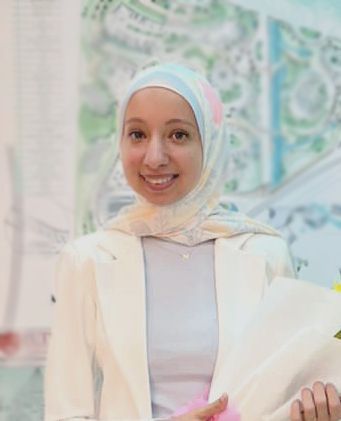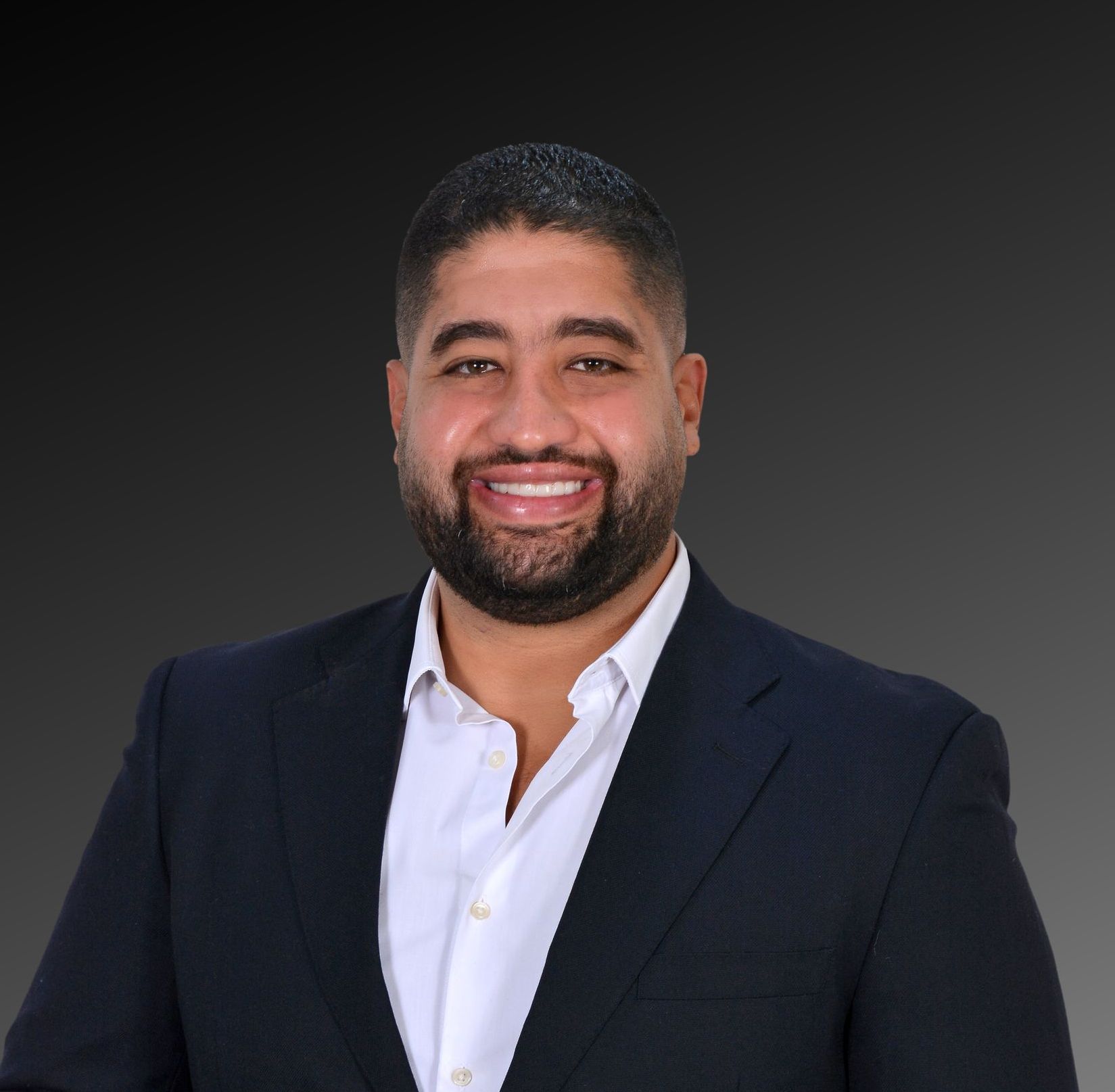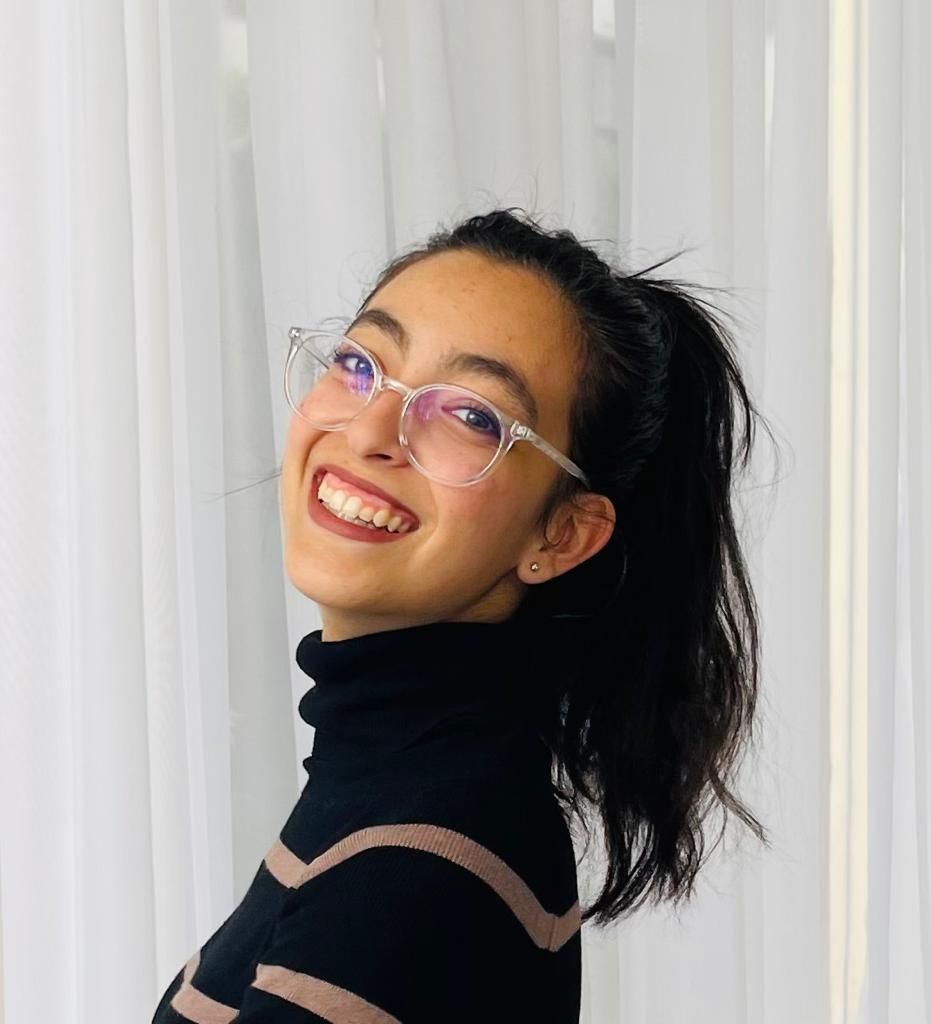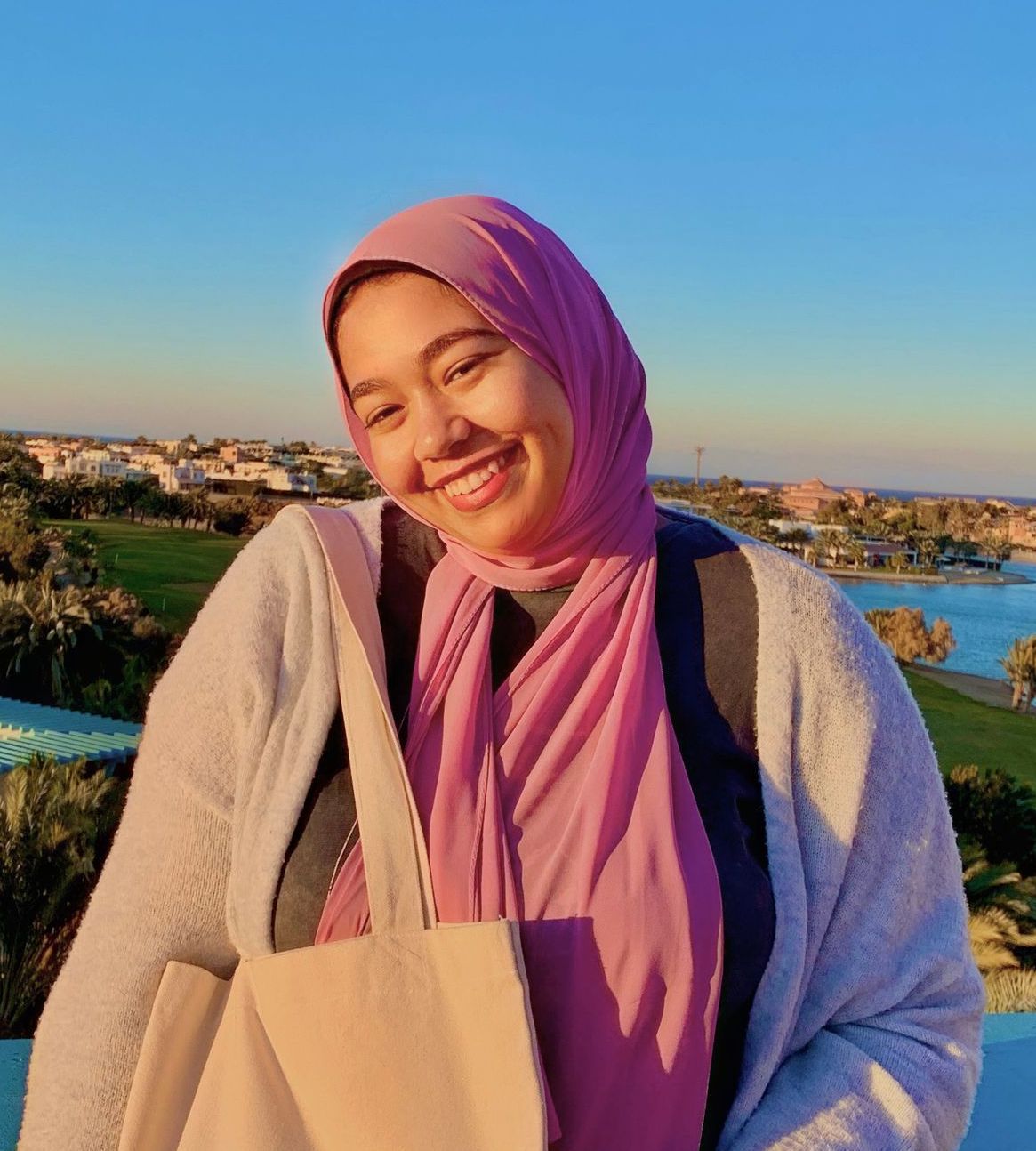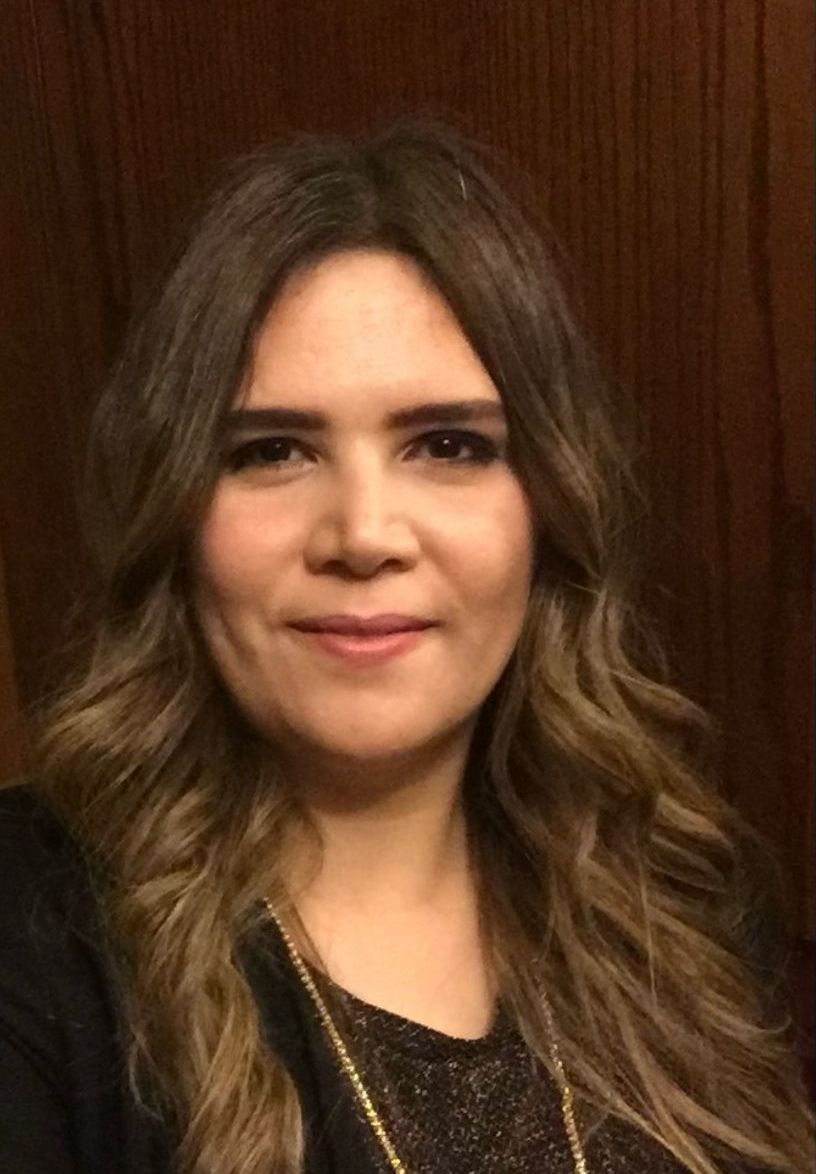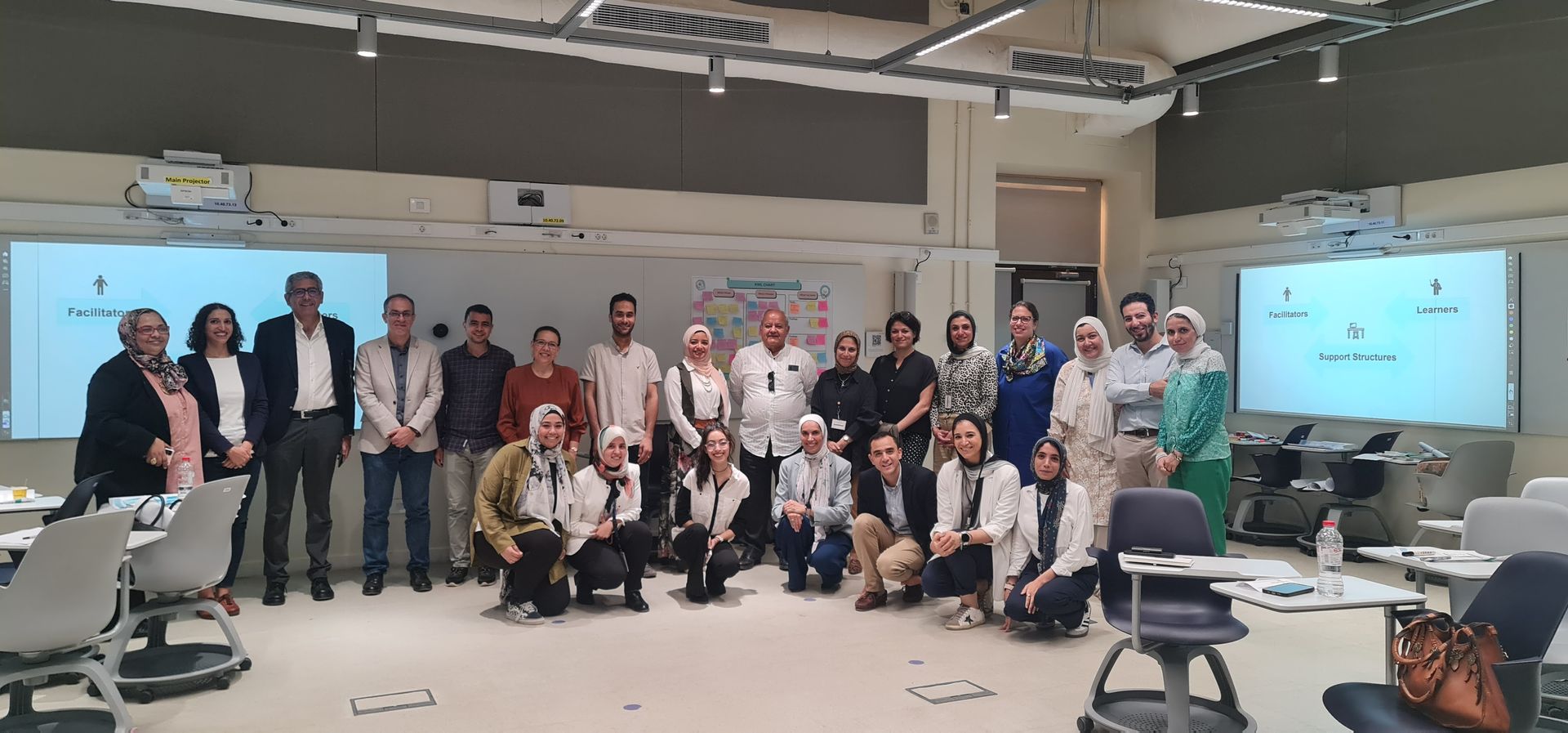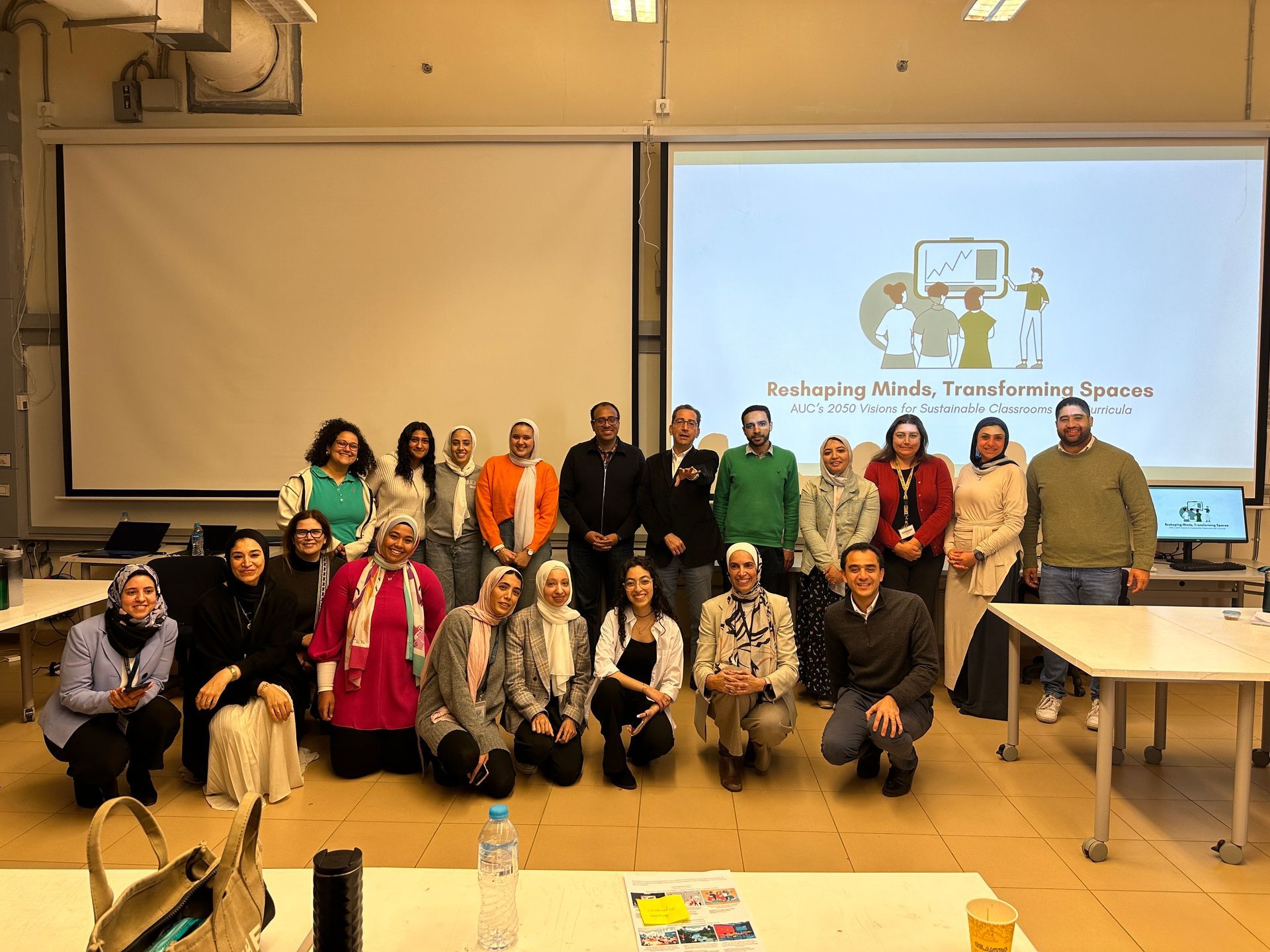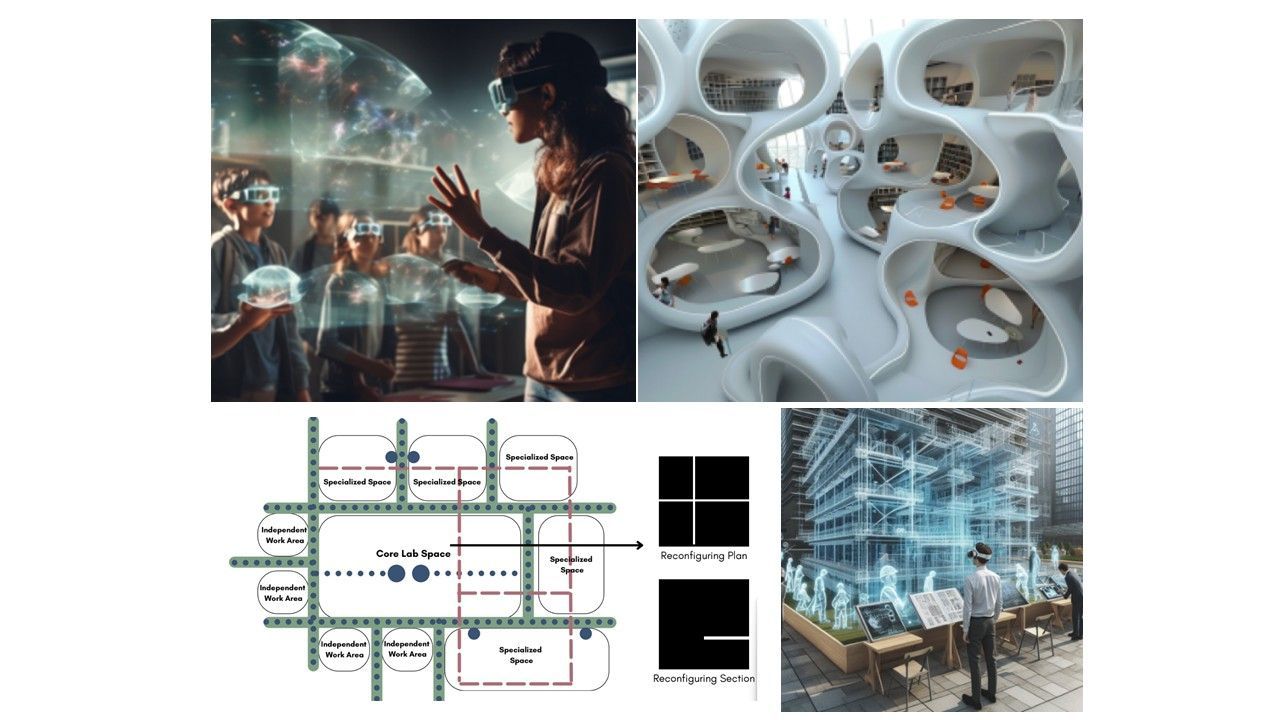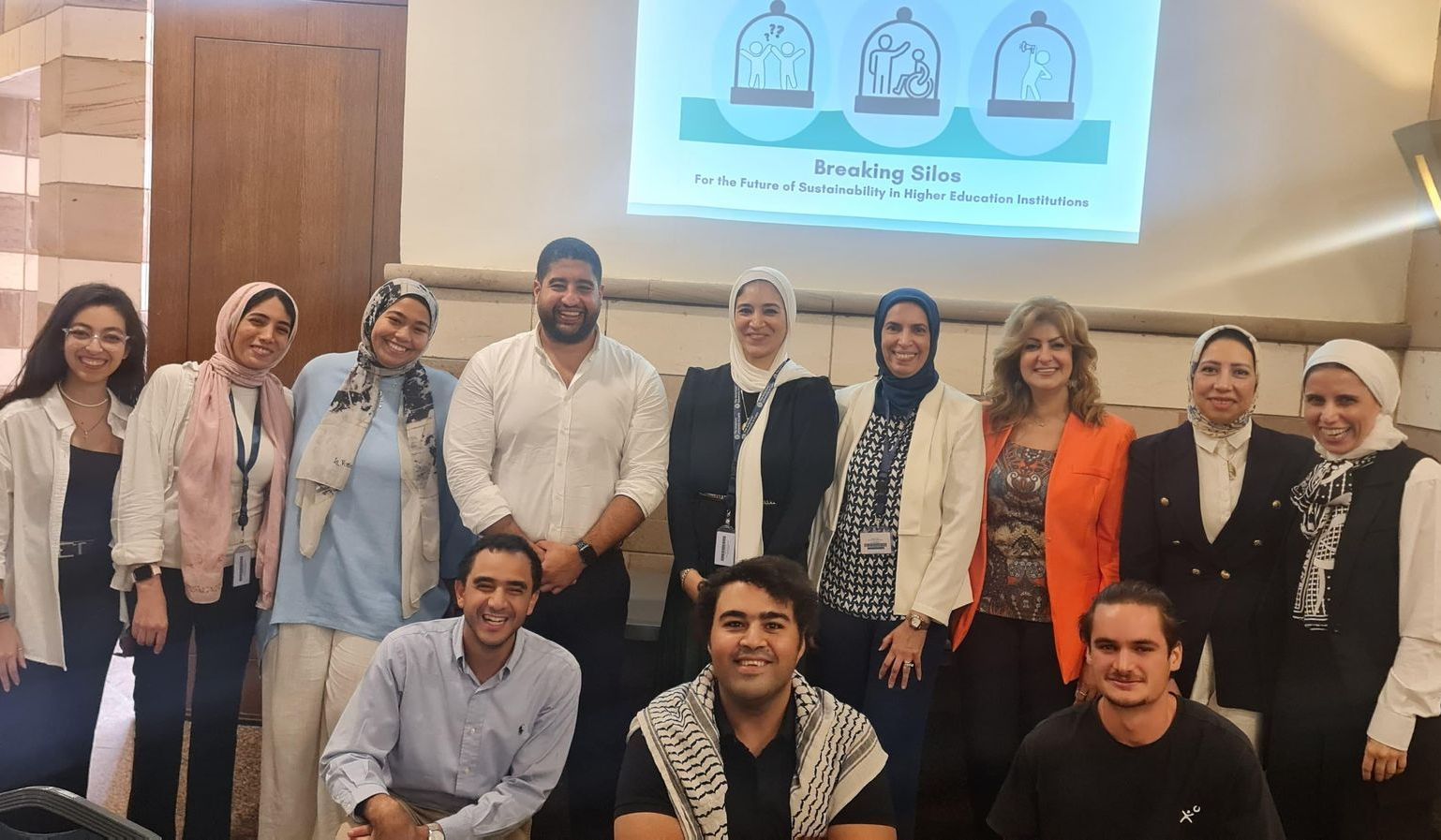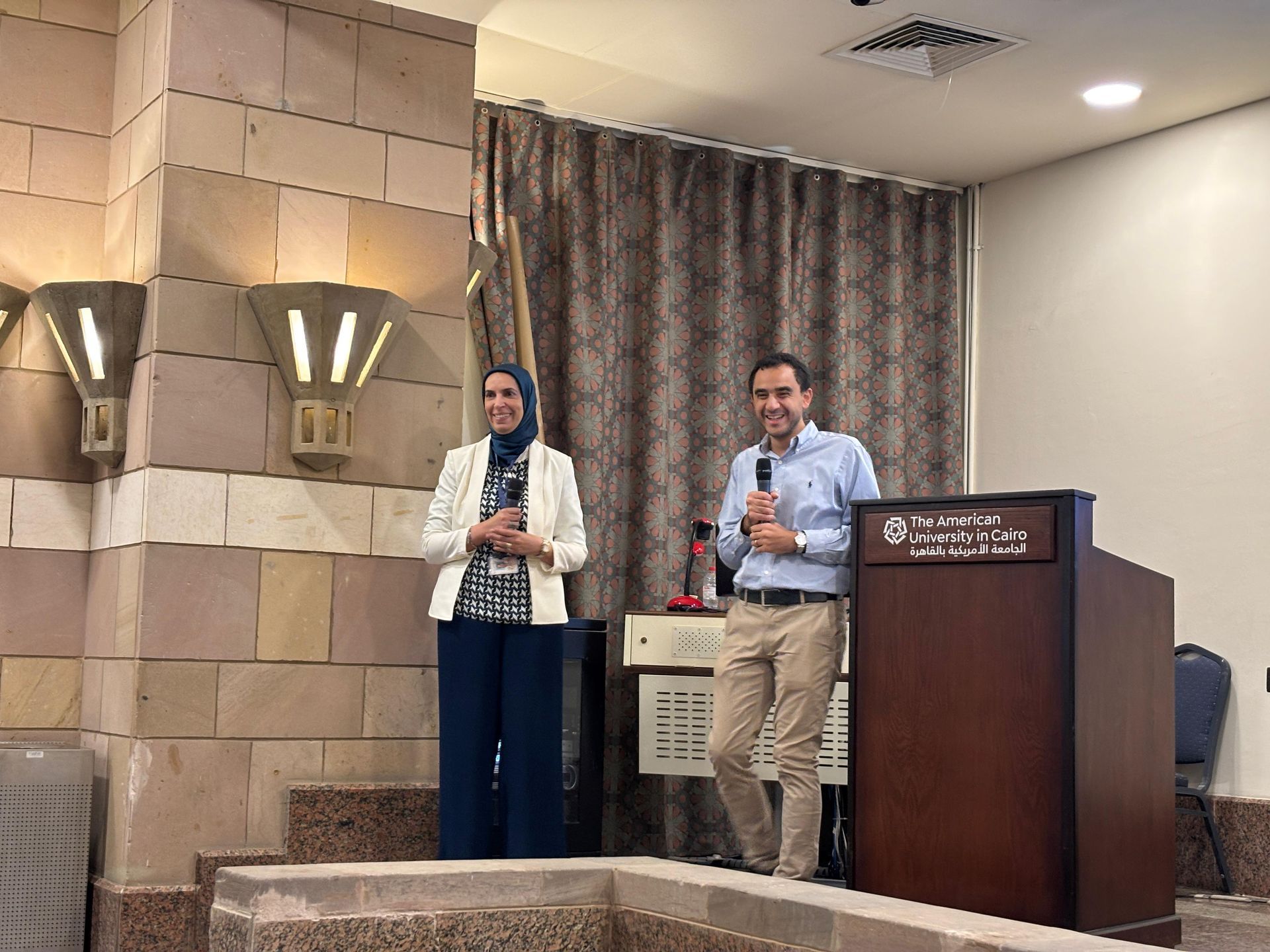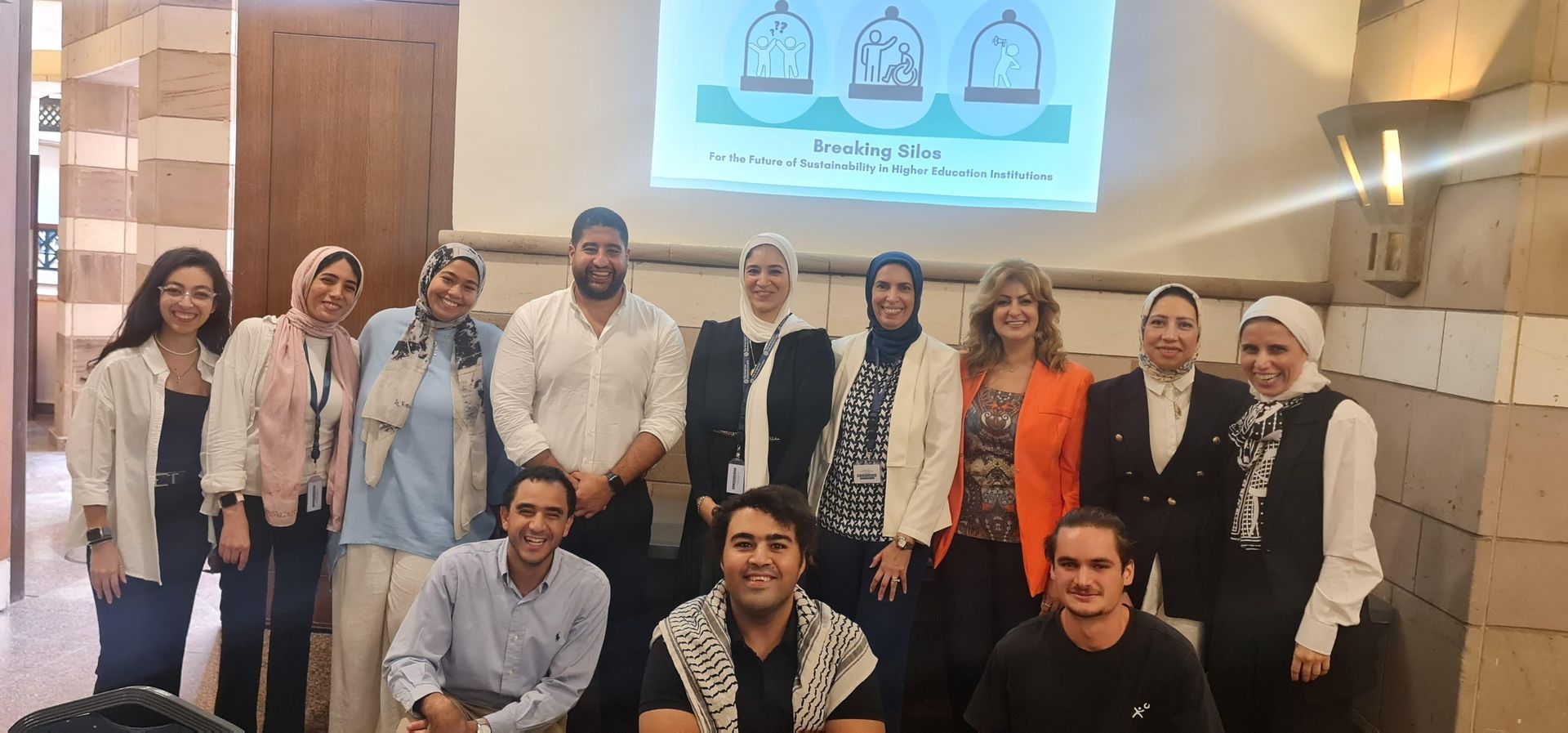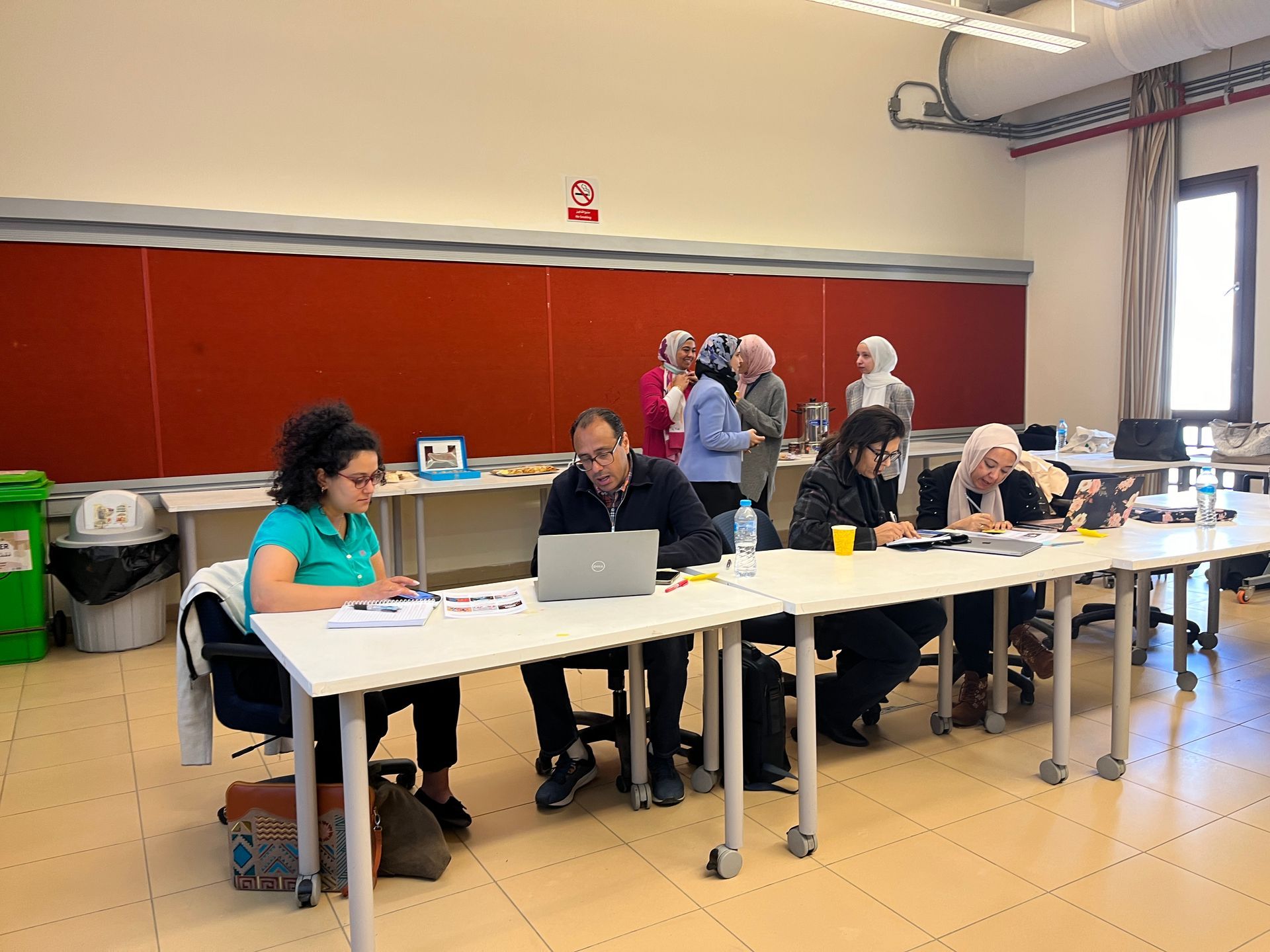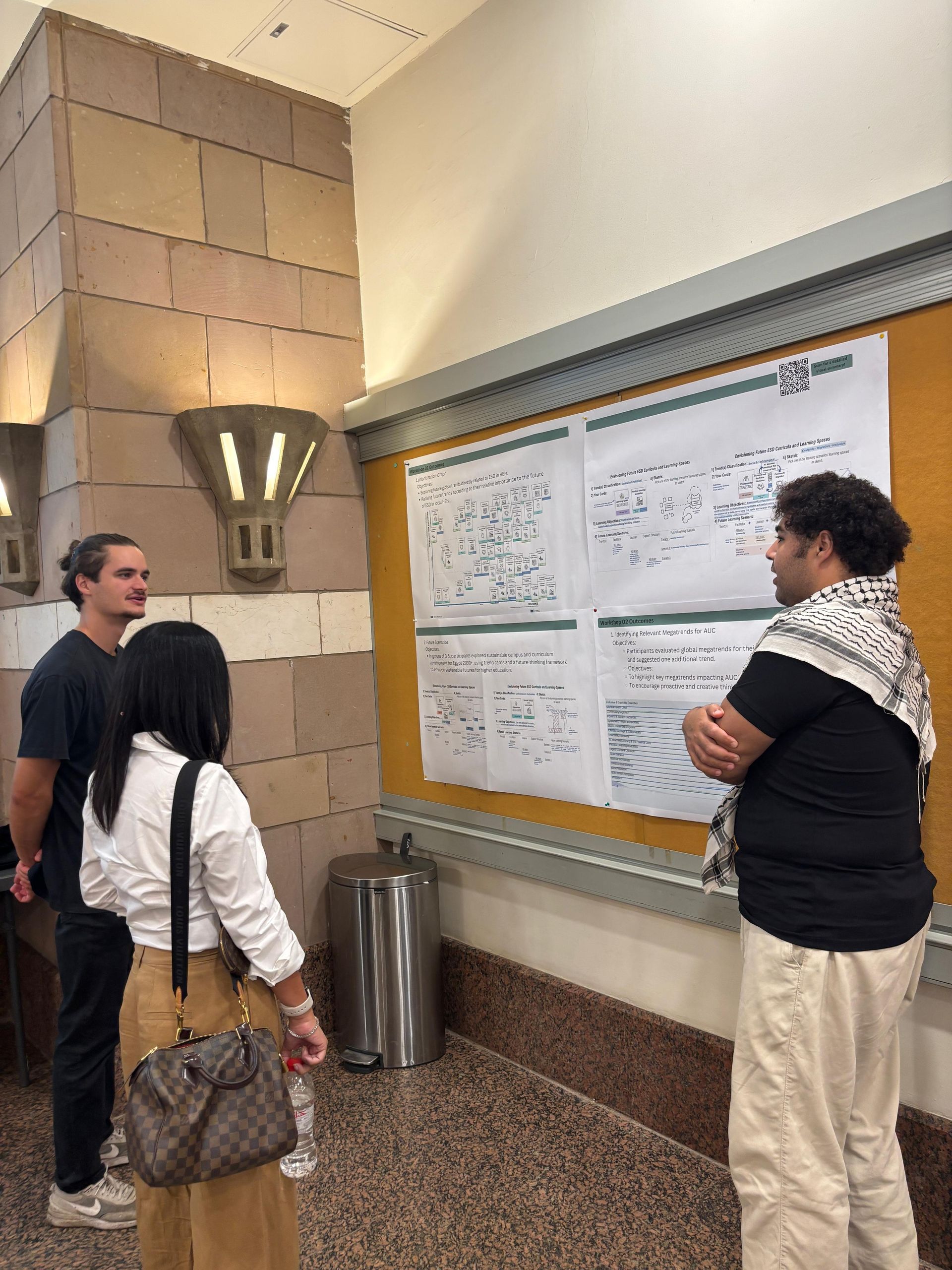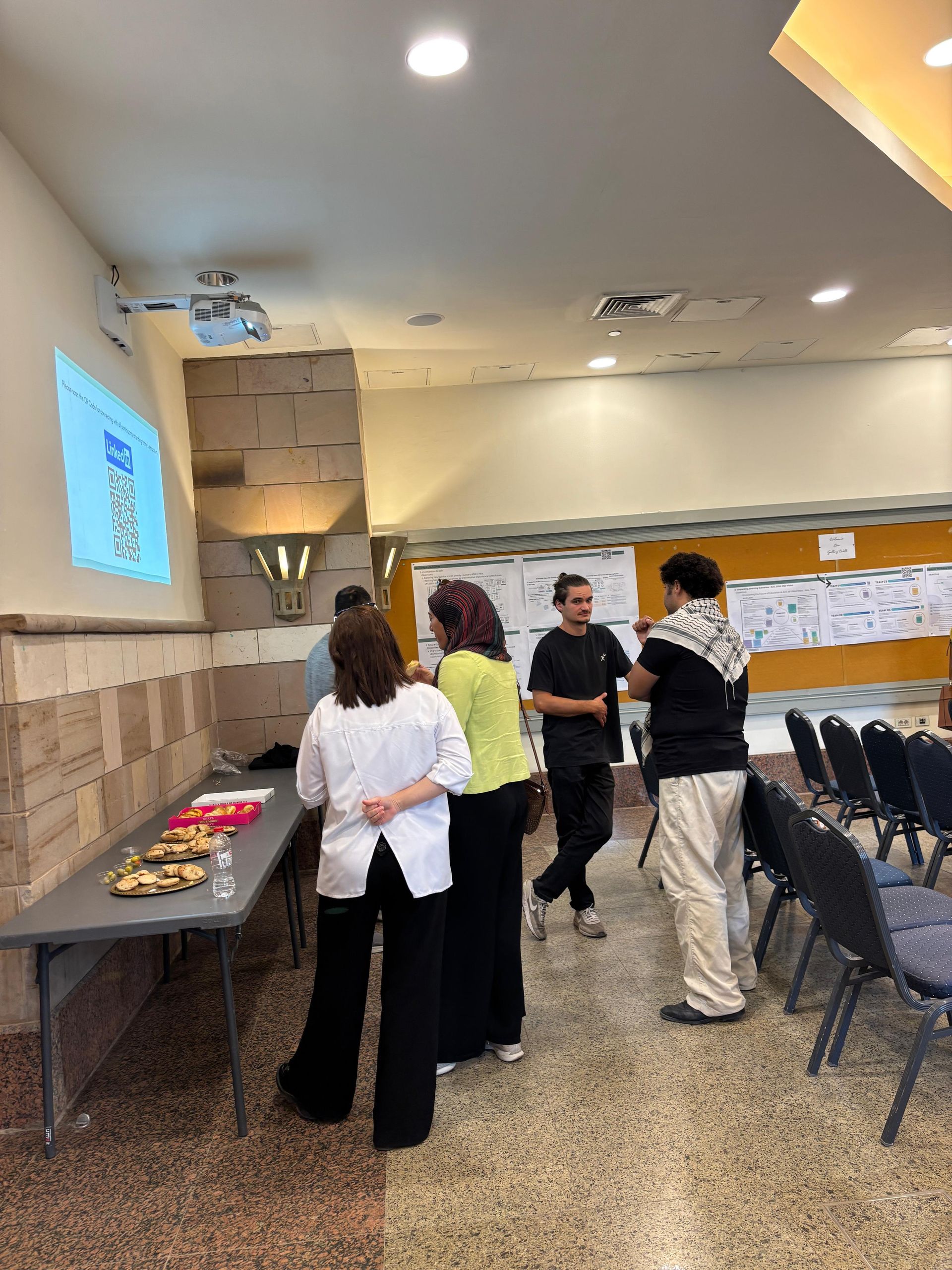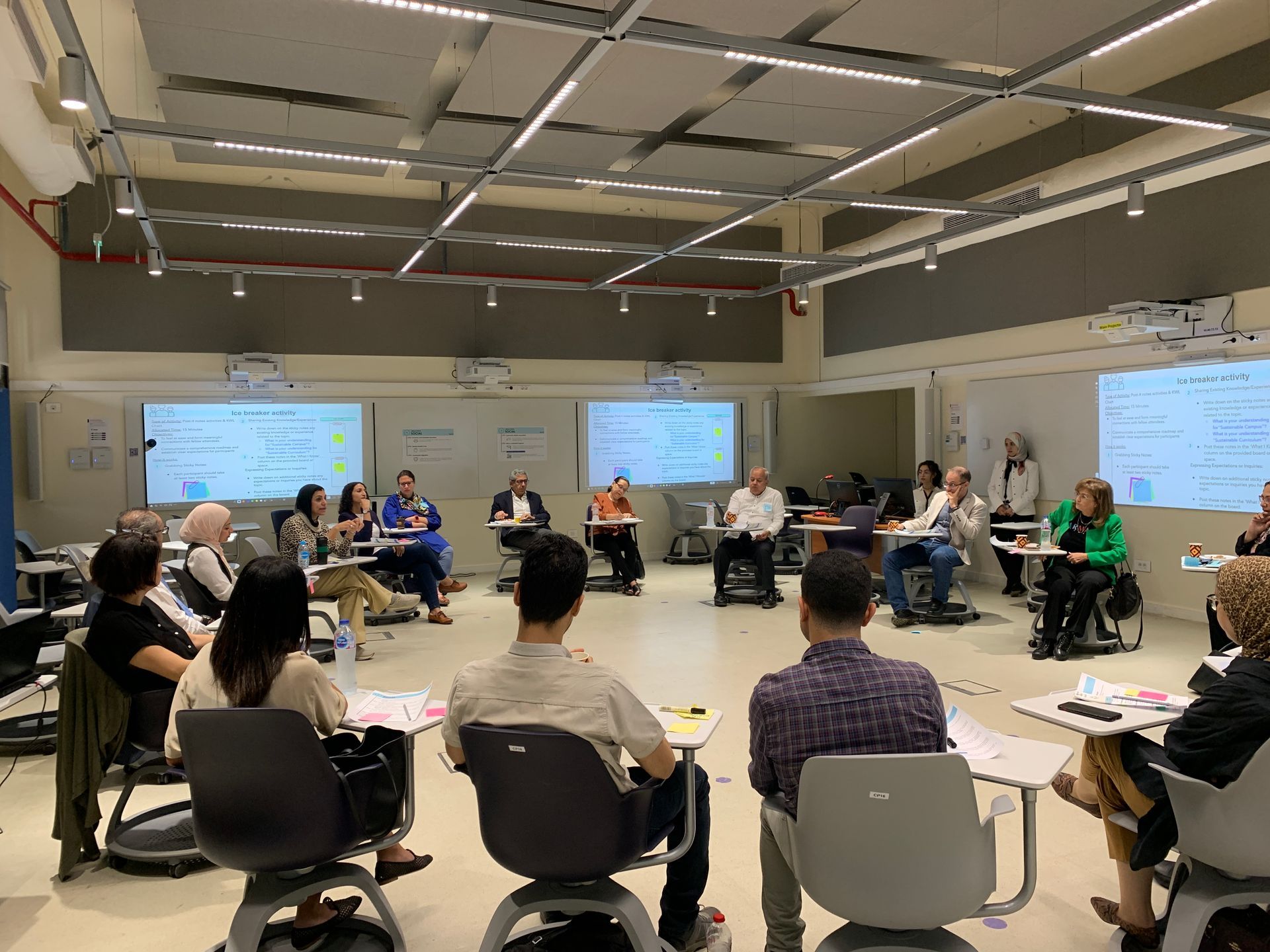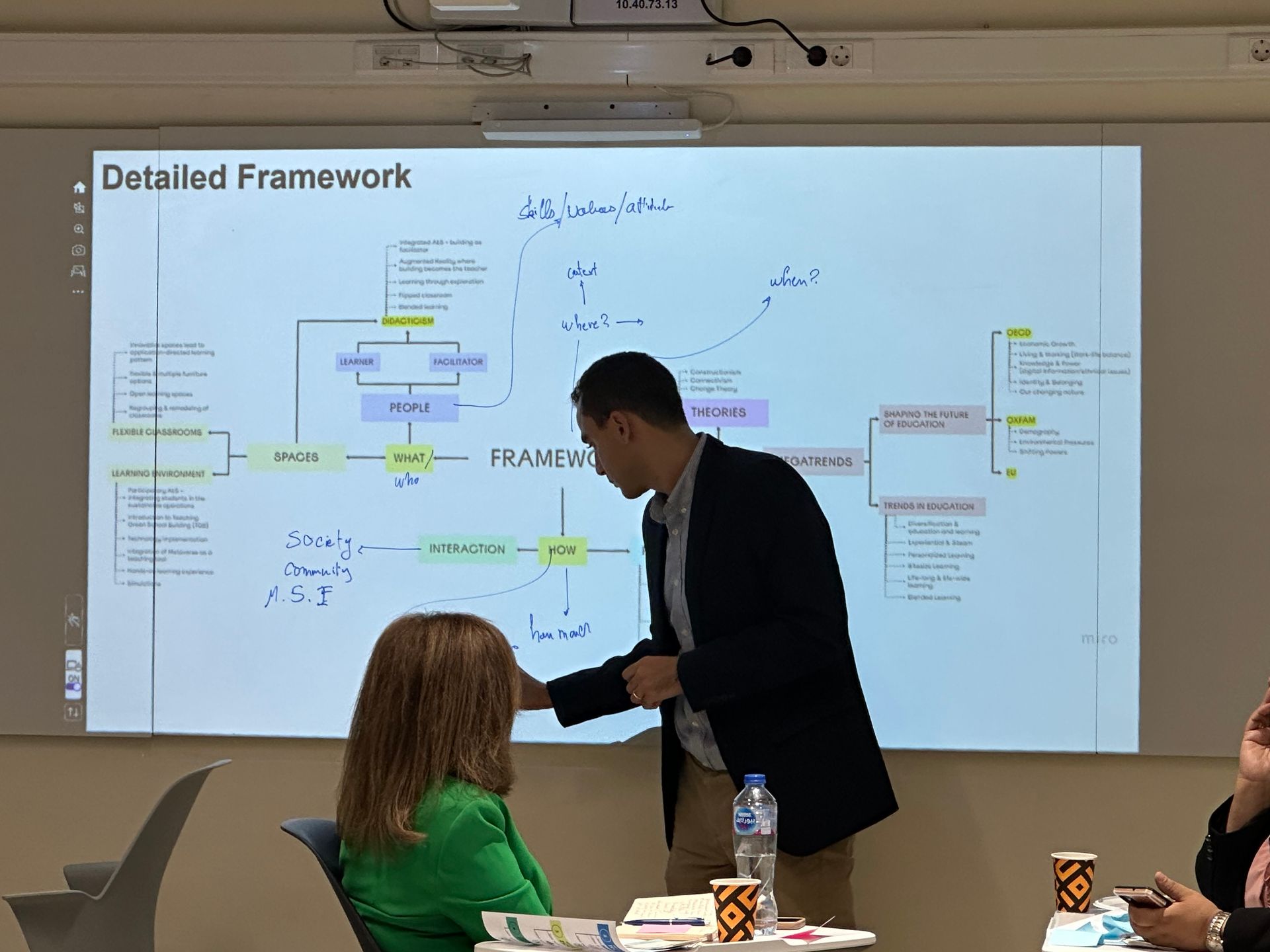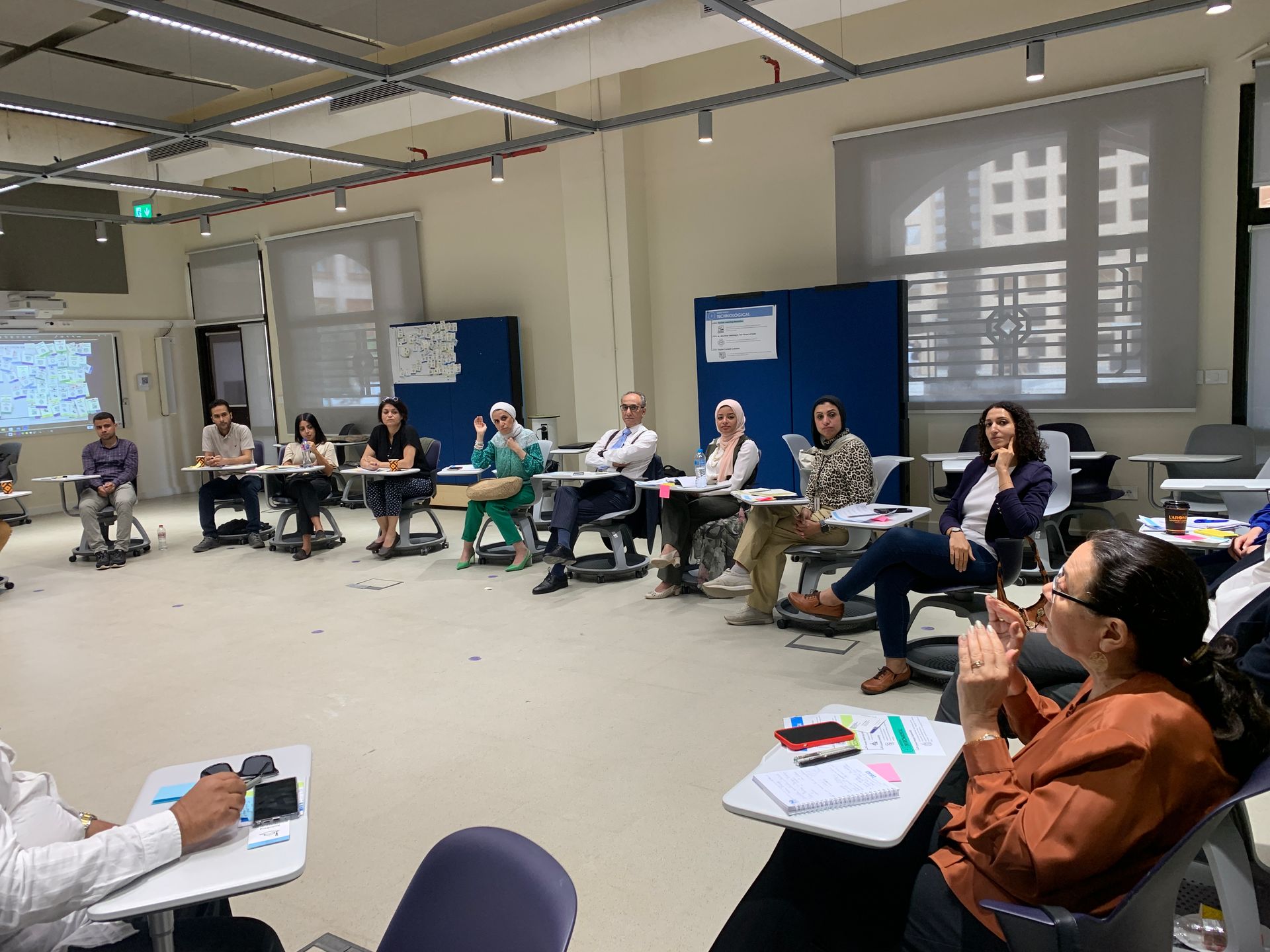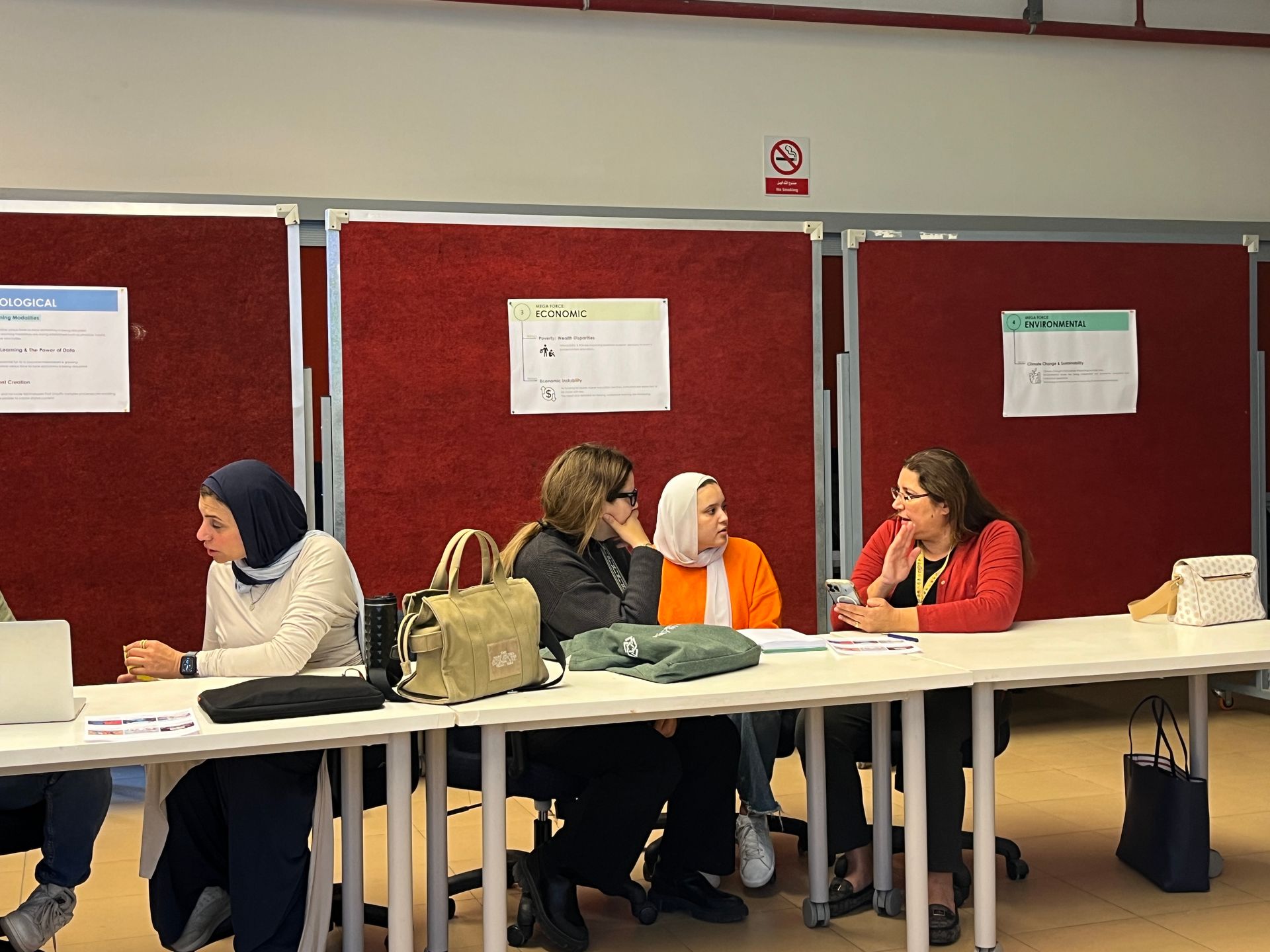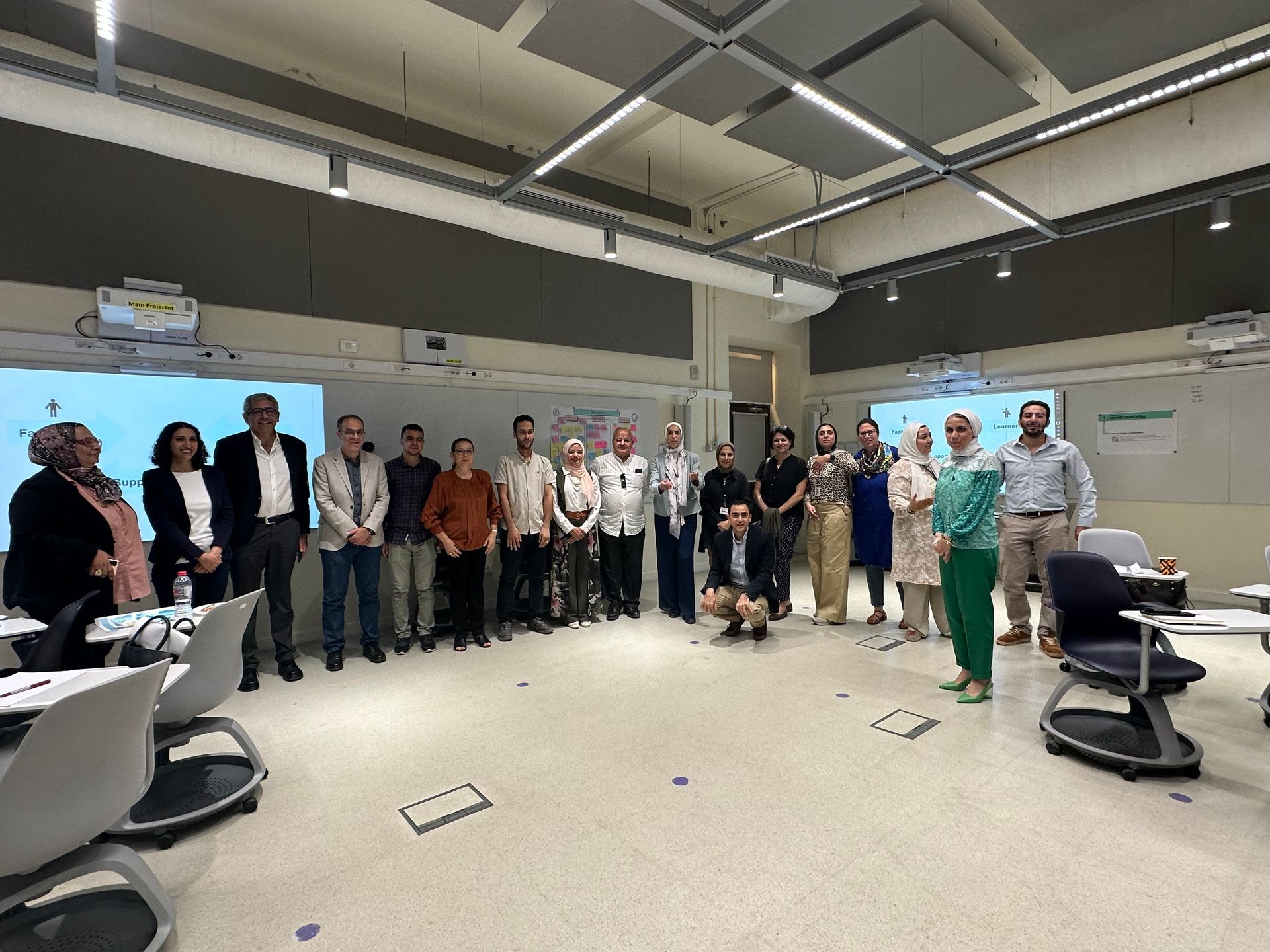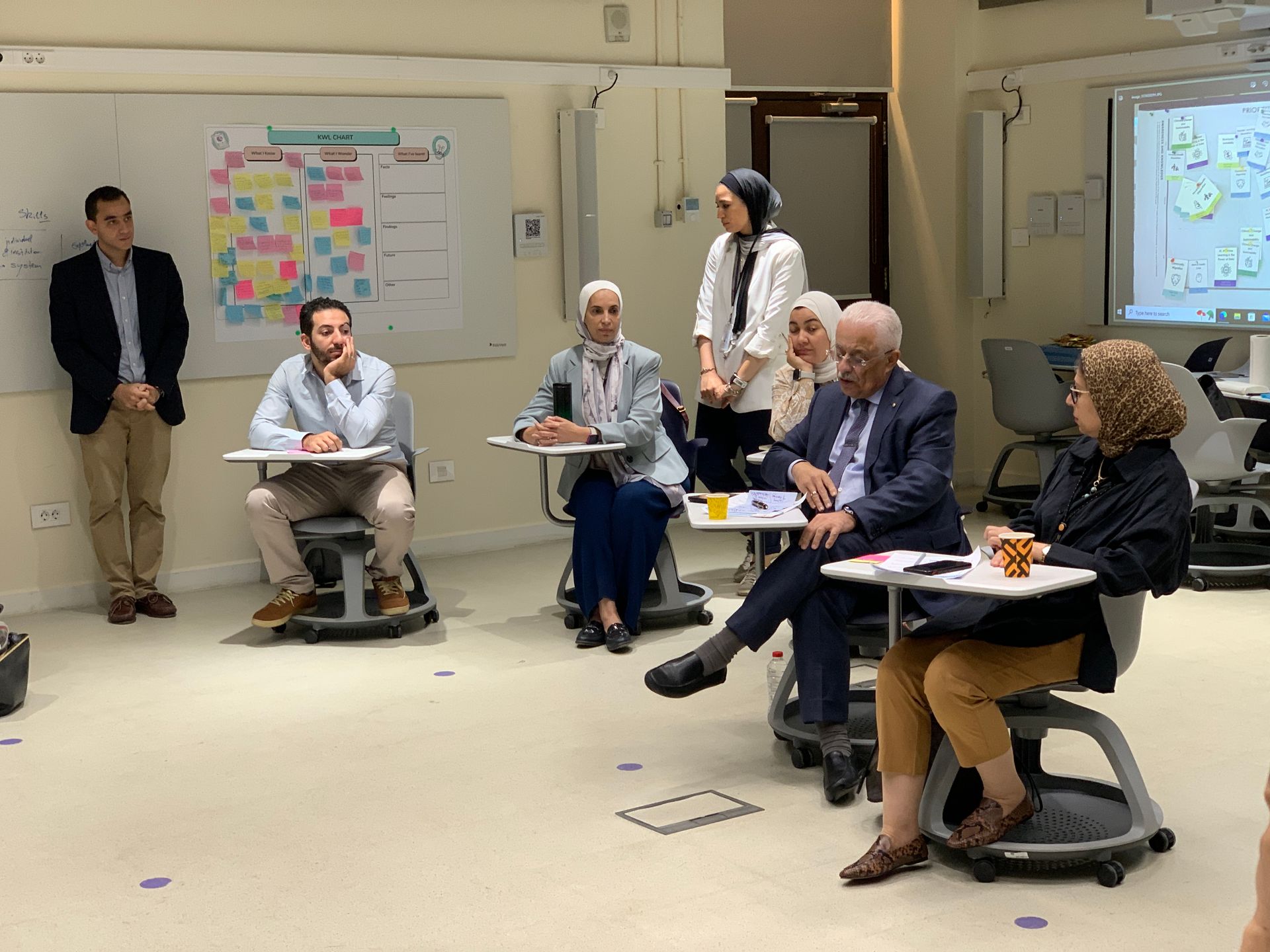Research Project
______
The 2050 Education for Sustainable Development Campus:
Envisioning the futures of learning spaces and curricula for AUC and Egypt
About The Project
The overarching goal of this research was to investigate how the curricula and physical spaces of HEIs could be utilized to address present and emerging sustainability challenges, as outlined by the SDGs and future agendas. Thus, the general objective was to develop and formalize a methodology for featuring ESD in Egypt, focusing on curricula and physical spaces, and explore the implications of these future scenarios on local HEIs, using AUC as a living laboratory.
The project utilized futures thinking methodologies to localize the two goals of SDGs 4 and 11 into the Egyptian context by drawing on the collective intelligence of the community to draft a medium-term vision for sustainable education in Egypt using future thinking methods.
How will universities in Egypt evolve to meet global megatrends?
Can education bridge the gap between sustainability and digital transformation?
Are we preparing students for a future that doesn’t yet exist?
This research project explores the intersection of Education for Sustainable Development (ESD), global megatrends, and innovative learning methods and spaces. Through expert workshops, student-led scenarios, and interdisciplinary collaborations, we envision a future where education is adaptive, immersive, and sustainability-driven.
Will Egyptian HEIs rise to the challenge?
Sustainable Futures in Egyptian Higher Education
Reimagining Learning, Megatrends, and Education for Sustainable Development (ESD)
Research Papers & Publications
Future Megatrends in the Context of Sustainable Higher Education in Cairo, Egypt: Between Priorities and Practices
Interchangeable Roles in Future Learning: Testing Support Structures in a New Triadic Educational Model
The Sustainable University of the Future: Interdisciplinary Imaginaries of Learning Spaces and Curricula in Egypt
MORE
Meet the Researchers Behind This Vision
Project Events
Features
AUC Center for Learning & Teaching (CLT) - New Chalk Talk
Gallery
Testimonials
The project was really fascinating. I've been surprised with the different inputs from the various stakeholders and how student voices were being documented with their various ideas.
Dr. Heba El Deghaidy, Project Co-Pi
My group and I were very proud of our final outcome during the workshop. The collaboration between educational students and architectural students was very fun and Innovative.
Jana Gaafar, Architecture Student
The integration of our students and this interdisciplinary activity that happens between the education and architectural students gave real meaning to the outcomes of our work.
Dr. Sherif Goubran, Project Pi
The structure of the framework, which emphasizes flexible and interchangeable roles for learning actors, facilitators, and support structures, is a groundbreaking approach.
Sally Mancy, Curriculum Coordinator
It was a fruitful experience.
Hala Waleed, Architecture Graduate
I believe the project team did a great job and the idea is interesting.
Dr. Sahar Attia, Emeritus Professor
The Future of Education is Not a Given, It’s a Choice
Are we ready to challenge outdated systems and embrace radical change?
What would a truly sustainable, future-ready university look like?
How do we move beyond research to real transformation?
Join the movement. The time to rethink education is now.

